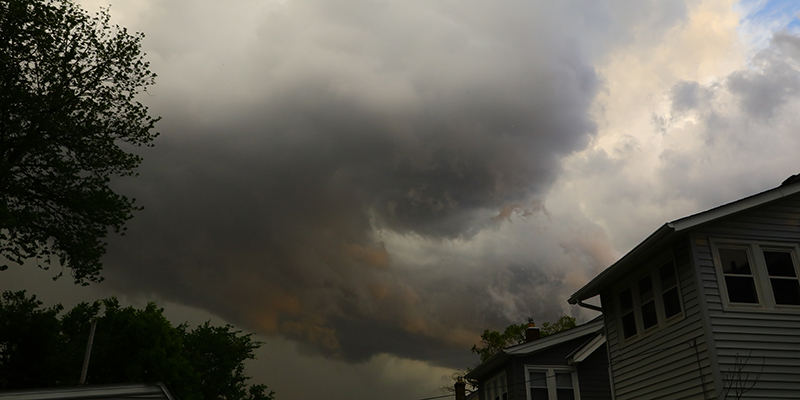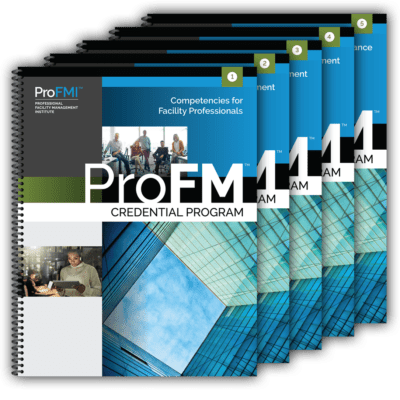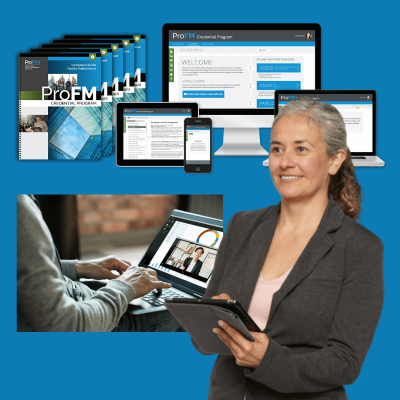
While the warmer months of the year signal a time when we can indulge in vacations, beach days, and outdoor activities, the summer and fall are also when hurricanes, thunderstorms, wildfires, and other potential natural disasters make their impressive mark across many areas of the United States, often disrupting the rhythm of our daily lives. According to weather reports, the Atlantic hurricane “season” has already witnessed more hurricanes than is normal for this time of year. Hurricane Idalia, which made landfall last week as a Category 3 storm, caused significant damage across parts of the southeastern United States, most notably in Florida’s Gulf Coast, and parts of Georgia, and South Carolina. Hurricane Lee is expected to gain strength as it travels toward the Caribbean and Bahamas at the end of the week. Excessive heat warnings and heat advisories are in effect across the southern states, prompting red flag warnings and the potential for more extreme fire behavior. The National Interagency Fire Center (NIFC) is pointing to the possibility of significant wildland fire potential for August and September in the northwest and midsection of the country.
Hurricane season began June 1 and ends in late November, but according to the National Weather Service, most storms peak in mid-September and October. And it’s not just hurricanes or wildfires that make the news; the Plains and Great Lakes regions often start their battle with freezing conditions and snowfall during the fall months, too.
Ready, a national public service campaign, has earmarked September as National Preparedness Month and urges those of us tasked with protecting people and property from fire, electrical, and related hazards, to work together, help educate, and empower the public to prepare for, respond to, and mitigate emergencies before they become tragedies. The theme for this year’s campaign, “Take Control in 1, 2, 3” focuses on preparing older adults for disasters, specifically those who live in communities that are disproportionally impacted by all-hazard events impacting many areas of the country.
NFPA has a wealth of information to help guide building owners and facility managers, first responders, health care facility managers, electrical professionals, and public educators, as they prepare ahead of weather events in their area and work closely with communities to develop emergency plans. These resources are free and can be easily shared.
For facility managers and business owners:
- Hurricanes can cause significant damage to chemical facilities, potentially leading to environmental and safety hazards. A recent blog post highlights resources for facility managers.
- For answers to bigger emergency planning challenges and questions, NFPA 1600®, Standard on Continuity, Emergency, and Crisis Management, is a vital guide for the development, implementation, assessment, and maintenance of disaster/emergency management and continuity of operations programs.
- Business owners can also utilize the NFPA Emergency Preparedness Checklist, which helps people identify where to focus their emergency preparedness efforts.
- With the peak of hurricane and wildfire seasons upon us, government agencies and aid organizations may need to shelter potentially thousands of storm and fire evacuees. A recent episode of the NFPA Podcast, Disaster Planning During a Pandemic, introduces two emergency management experts who share lessons learned from responding to past incidents during the pandemic, including several new strategies that will likely remain in place long after the pandemic is over.
For first responders:
- First responders face many hazards when working with vehicles that have been submerged in water, particularly with hybrid or electrical vehicles. The Submerged Hybrid/Electrical Vehicle Bulletin from NFPA breaks down the safety issues to help keep first responders safe when working in flooded areas.
- A free toolkit is also available for first responders, which provides the information and resources needed to help local residents prepare ahead of weather events.
For electrical professionals:
- Electrical professionals are often tasked with equipment maintenance for electrical, electronic, and communication systems and equipment found in multifamily residential complexes, industrial plants, and commercial buildings to prevent equipment failures and worker injuries. The NFPA Natural Disaster Electrical Equipment Checklist builds off recommendations in Chapter 32 of the 2019 edition of NFPA 70B, Recommended Practice for Electrical Equipment Maintenance, and provides a useful framework for recovering electrical equipment and systems after a disaster.
For health care providers:
- New criteria require health care providers to have extensive plans in place for numerous types of events including hurricanes as part of an emergency preparedness rule passed by the Centers for Medicare & Medicaid Services (CMS) in November 2017. Requirements for emergency and backup power supplies as well as consideration of other logistical needs for long-duration events are an important part of the rule. Find information that can help medical providers with their emergency preparedness needs.
- In September 2019, an NFPA white paper was introduced to help health care facilities meet the requirements of the CMS emergency preparedness rule.
For the public:
- A fact sheet and related information provide residents and businesses with easy wildfire risk reduction steps they can do around their homes and buildings to make them safer from wildfire and blowing embers.
- An escape plan activity sheet helps families prepare and practice an escape plan in case of a fire in the home. An emergency supplies kit checklist provides a list of items a family may need in case of an evacuation due to an emergency weather event.
- A tip sheet provides the facts and steps homeowners can take to safely use portable generators in the event homes lose power after a storm.
With so much severe weather happening across the country, the time to start preparing communities is now. Make Preparedness Month the jump start you need to put plans in place.
For these and other related information sources, visit the NFPA emergency preparedness webpage.
The post "September is National Preparedness Month: Is Your Community Ready to Respond to a Severe Weather Event or Emergency?" appeared first on NFPA Today Blogs








0 Comments